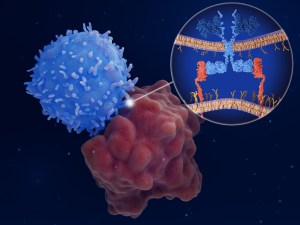Science & Tech
-
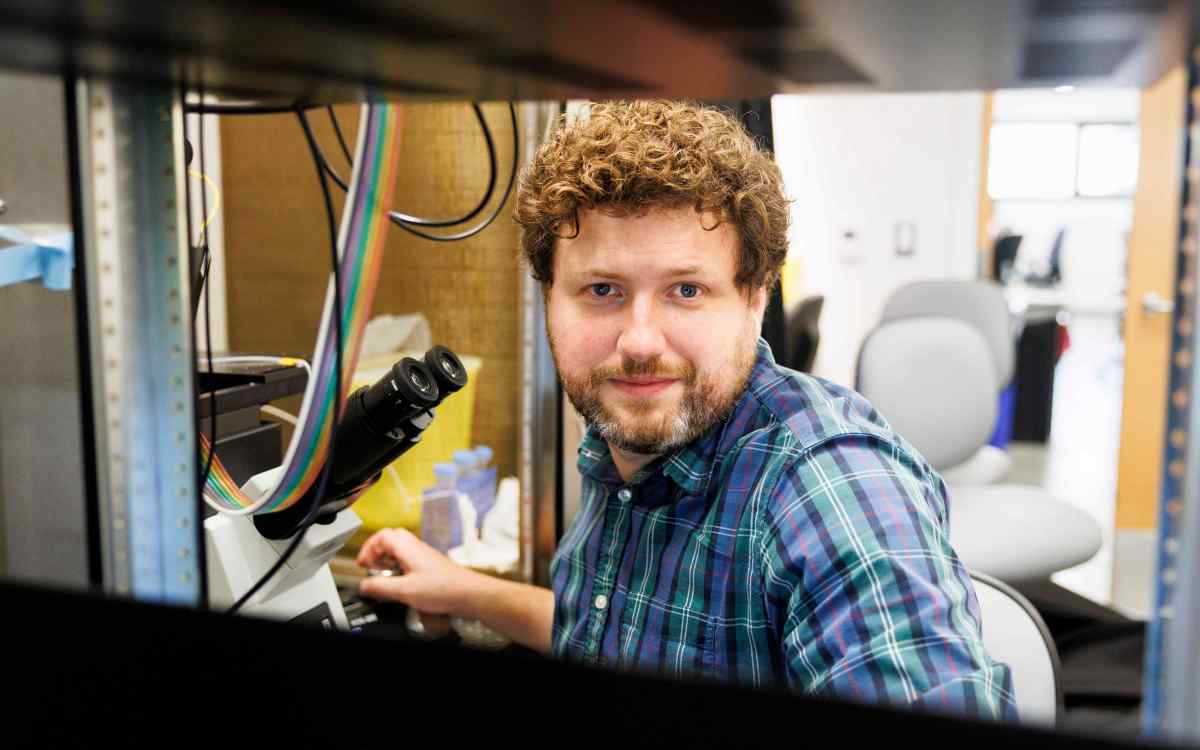
Stealing a ‘superpower’
Study finds some sea slugs consume algae, incorporate photosynthetic parts into their own bodies to keep producing nutrients

-

Reading skills — and struggles — manifest earlier than thought
New finding underscores need to intervene before kids start school, say researchers

-
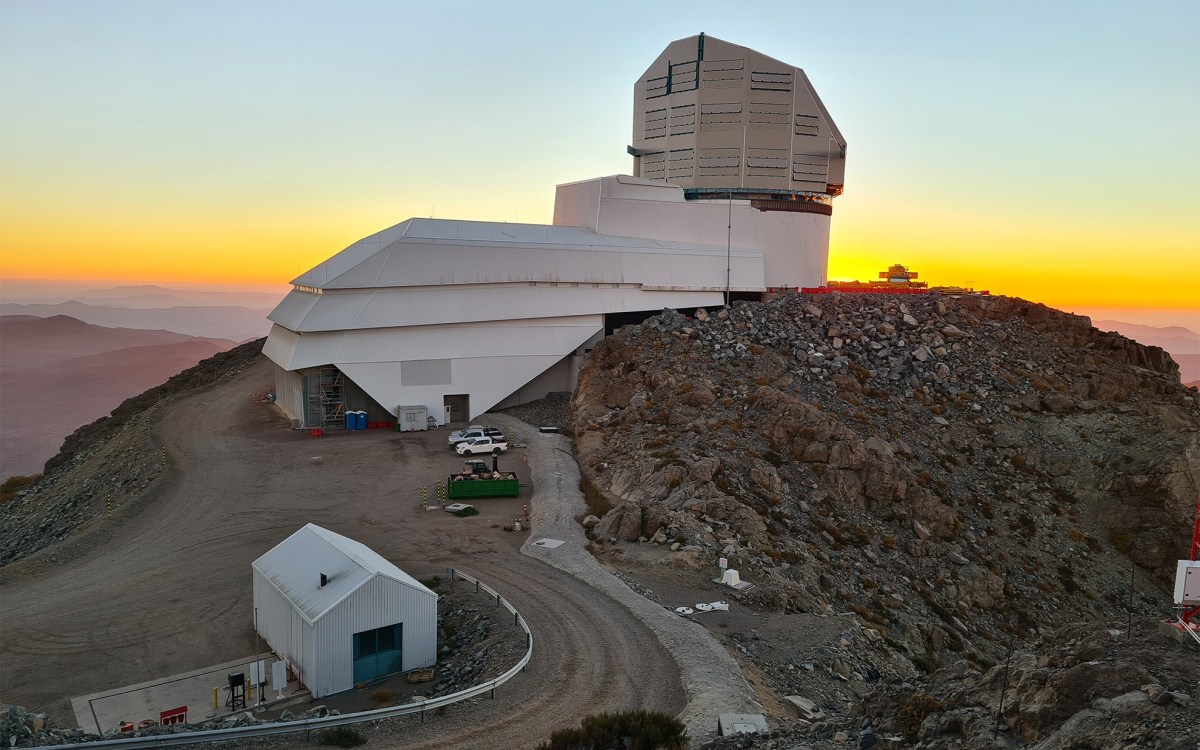
Shining light on scientific superstar
Vera Rubin, whose dark-matter discoveries changed astronomy and physics, gets her due with namesake observatory, commemorative quarter
-
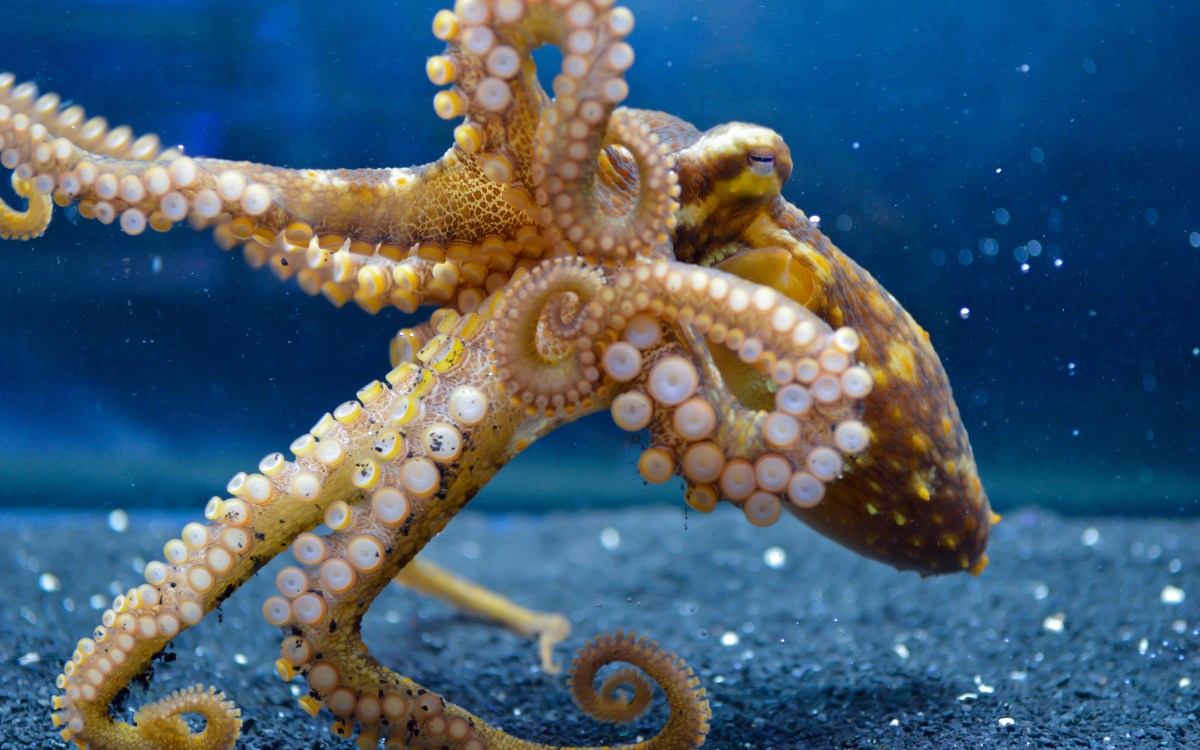
A taste for microbes
New research reveals how the octopus uses arms to sense chemical clues from microbiomes

-
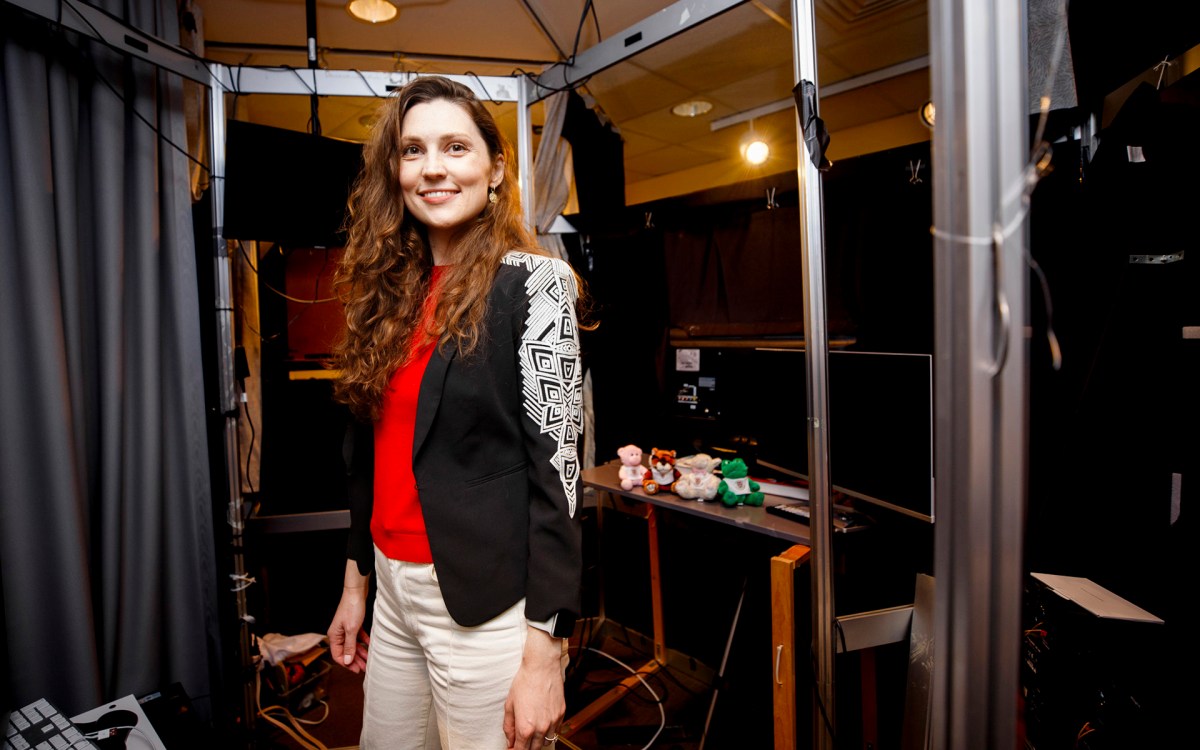
Out of sight but not out of mind
By 15 months, children can learn the names of objects they’ve never seen

-
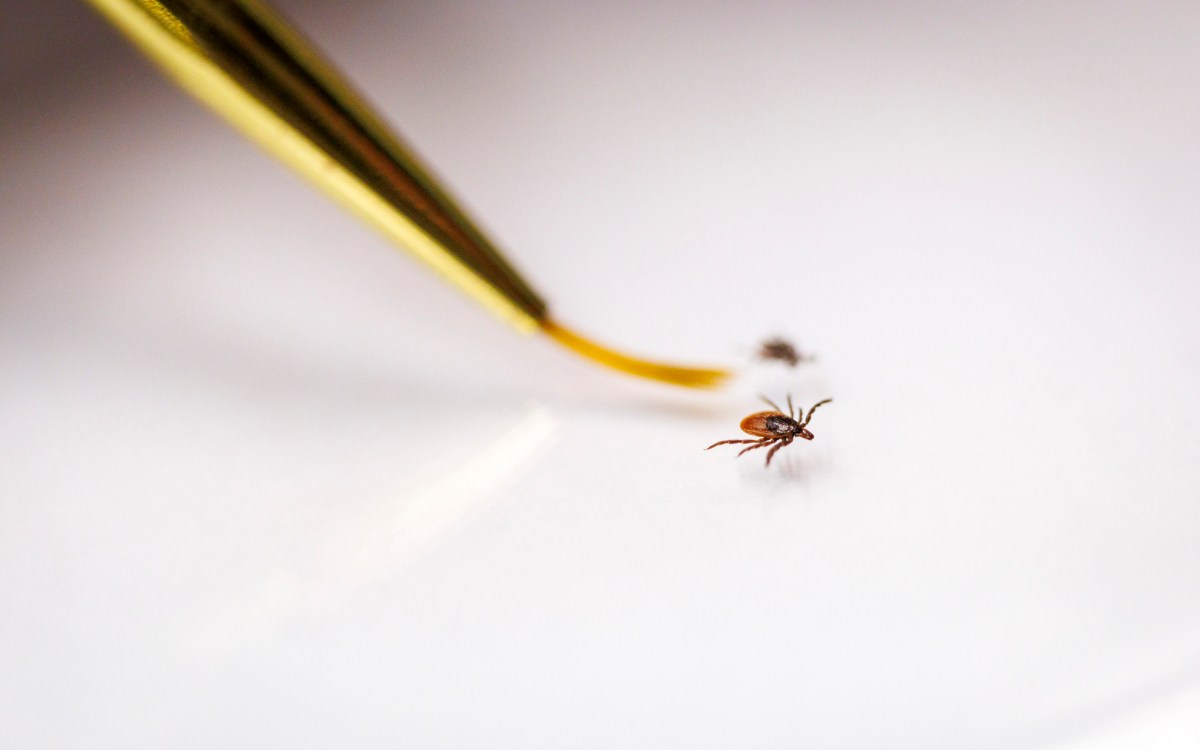
A step in fight against tick-borne disease
New molecular method differentiates sexes, reveals whether females have mated
-
Major moral decisions use general-purpose brain circuits to manage uncertainty
Harvard researchers have found that humans can make difficult moral decisions using the same brain circuits as those used in more mundane choices related to money and food. These circuits,…
-
Social ill
A new study finds link between lack of close ties and heart disease risk, adding to evidence that a person’s social environment can play a big role in health.

-
Delicate touch
Chemists and engineers at Harvard University have fashioned nanowires into a new type of V-shaped transistor small enough to be used for sensitive probing of the interior of cells.

-
Competing for a mate can shorten lifespan
“Love stinks!” the J. Geils band told the world in 1980, and while you can certainly argue whether or not this tender and ineffable spirit of affection has a downside,…
-
Researchers demonstrate highly directional terahertz laser rays
A collaborative team of scientists at Harvard and the University of Leeds have demonstrated a new terahertz (THz) semiconductor laser that emits beams with a much smaller divergence than conventional…
-
Quantum networks advance with entanglement of photons, solid-state qubits
A team of Harvard physicists led by Mikhail D. Lukin has achieved the first-ever quantum entanglement of photons and solid-state materials. The work marks a key advance toward practical quantum networks, as…
-
Quantum connections
Harvard physicists demonstrate the first quantum entanglement of photons and solid-state materials, in work that marks a key advance toward practical quantum networks that can communicate over long distances.
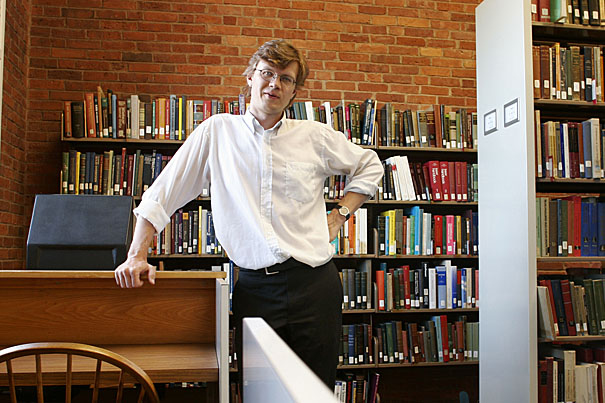
-
Inklings of suicide
Two new computerized tests, developed at Harvard, show promise in predicting patients’ risk of attempting suicide.

-
Hyperfast star was booted from Milky Way
A hundred million years ago, a triple-star system was traveling through the bustling center of our Milky Way galaxy when it made a life-changing misstep. The trio wandered too close to the galaxy’s giant black hole, which captured one of the stars and hurled the other two out of the Milky Way.
-
University adopts faculty financial conflict of interest policies
The Harvard Corporation has adopted a University-wide faculty financial conflict of interest policy, the first time such a policy has been crafted to cover faculty members across the entire campus.…
-
Some key points from the new University faculty financial conflict of interest policy
The new Harvard University Policy on Individual Financial Conflicts of Interest for Persons Holding Faculty and Teaching Appointments (University Conflict of Interest Policy) is built upon 12 principles that establish a…
-
By ‘putting a ring on it,’ microparticles can be captured
To trap and hold tiny microparticles, research engineers at Harvard have “put a ring on it,” using a silicon-based circular resonator to confine particles stably for up to several minutes.
-
Class act
Two floors of classrooms in Larsen Hall at the Harvard Graduate School of Education are the first in the world to win the highest LEED-CI rating.
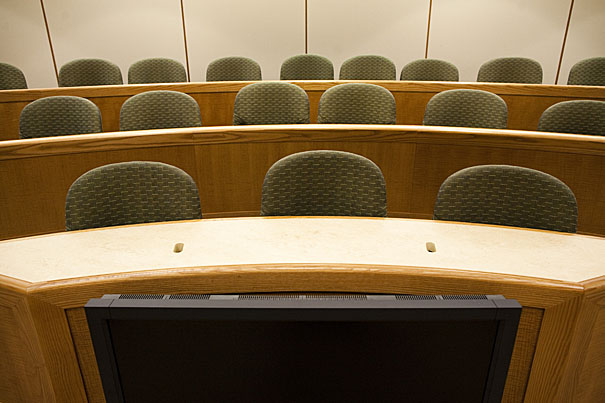
-
Computer imaging that aids science
Miriah Myer, a postdoctoral fellow, is a computer scientist using technology to better model and clarify medical data.
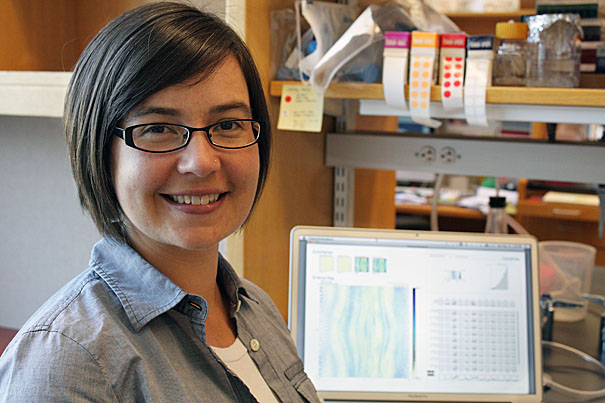
-
Shape-shifting sheets automatically fold into multiple shapes
“More than meets the eye” may soon become more than just for the Transformer line of popular robotic toys. Researchers at Harvard and MIT have reshaped the landscape of programmable…
-
A marriage of origami and robotics
A Harvard and MIT research team demonstrates how a single thin sheet composed of interconnected triangular sections can transform itself into another shape, without the help of skilled fingers, in a kind of origami robotics.
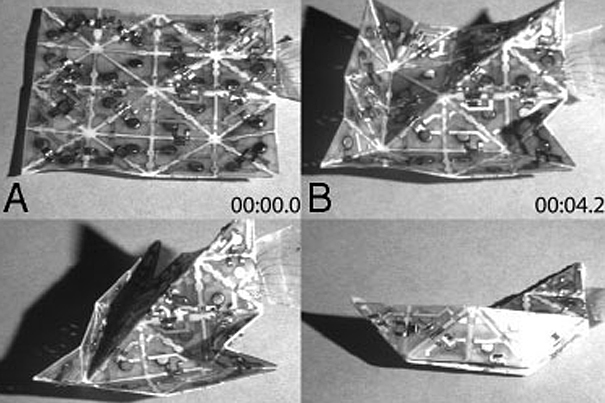
-
Living, breathing human lung-on-a-chip
Researchers at Harvard’s Wyss Institute for Biologically Inspired Engineering have created a device that mimics a living, breathing human lung on a microchip. The device, about the size of a rubber eraser, acts much like a lung in a human body and is made using human lung and blood vessel cells.
-
How touch can influence judgments
Researchers find ways in which tactile sensations appear to influence social judgments and decisions in everyday life.
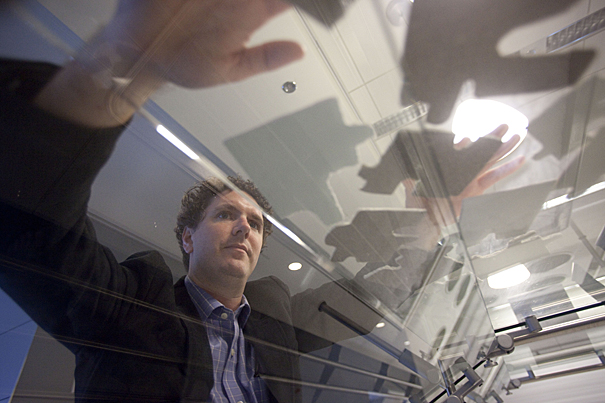
-
Insights on quantum mechanics
Physicists create an artificial material to gain up-close insights into quantum materials and how they interact.

-
Replicating nature’s design principles
In nature, cells and tissues assemble and organize themselves within a matrix of protein fibers that ultimately determines their structure and function, such as the elasticity of skin and the contractility of heart tissue. These natural design principles have now been successfully replicated in the lab by bioengineers at Harvard’s Wyss Institute for Biologically Inspired Engineering and School of Engineering and Applied Sciences.
-
Applied physicists create building blocks for a new class of optical circuits
Imagine creating novel devices with amazing and exotic optical properties not found in nature — by simply evaporating a droplet of particles on a surface. By chemically building clusters of…
-
Turkle talks technology, intimacy
“Technology proposes itself an architect of our intimacies,” explained Massachusetts Institute of Technology Professor Sherry Turkle to an engrossed audience May 14 at the Harvard University Extension School.
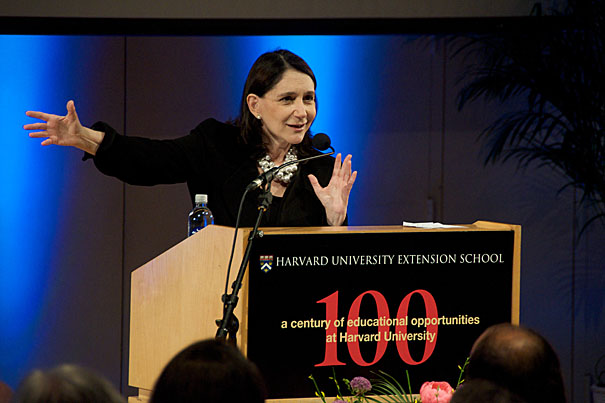
-
The Postdocs – II
Miriah Meyer isn’t a biologist, but she helps biologists better understand their work. A postdoctoral research fellow in computer science in Harvard’s School of Engineering and Applied Sciences (SEAS), Meyer…
-
Daily battle to improve health
Harvard School of Public Health student Lyle Ignace hopes to use his experience as an American Indian physician and his new understanding of public health systems to make a difference in the Native American community.
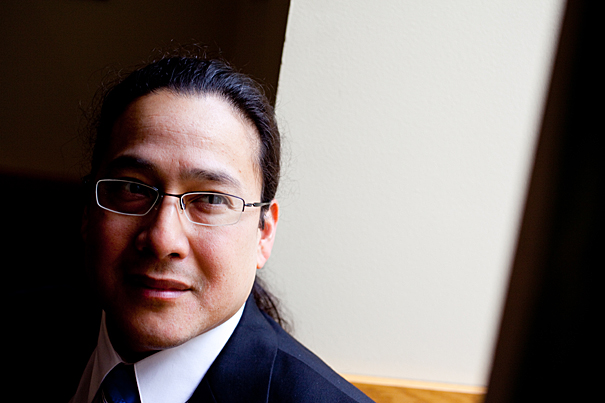
-
Rolling back the forest canopy
A new report led by researchers at the Harvard Forest says New England woodlands have reached a tipping point, declining in all six states for the first time in 150 years. The report calls for conservation of 70 percent of the forestland.
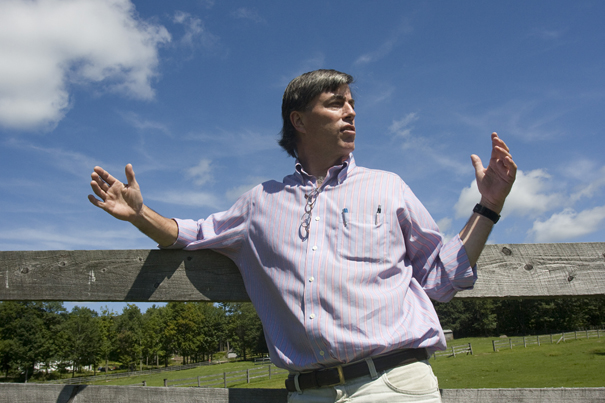
-
Most Americans who skipped H1N1 vaccines weren’t concerned about the illness
A comprehensive review of 20 national opinion polls, including 8 by Harvard School of Public Health (HSPH) researchers, taken during the 2009 H1N1 pandemic finds two key reasons for the…
-
Majority of young victims of unintentional shootings
Over three-quarters of youths under age 15 who die in firearm accidents are shot by another person, usually another youth, according to new research from the Harvard School of Public Health (HSPH). It is the first multi-state, in-depth study of who fires the shot in unintentional firearm fatalities.
-
Faust calls global health one of her main priorities
Declaring the University’s efforts to improve the state of global health knowledge, education, and capacity building to be one of her “very highest priorities” as president of Harvard, Drew Faust today (May 18) announced the appointment of Sue J. Goldie, Roger Irving Lee Professor of Public Health and director of the Center for Health Decision Science at the Harvard School of Public Health, as the director of the Harvard Institute for Global Health (HIGH).
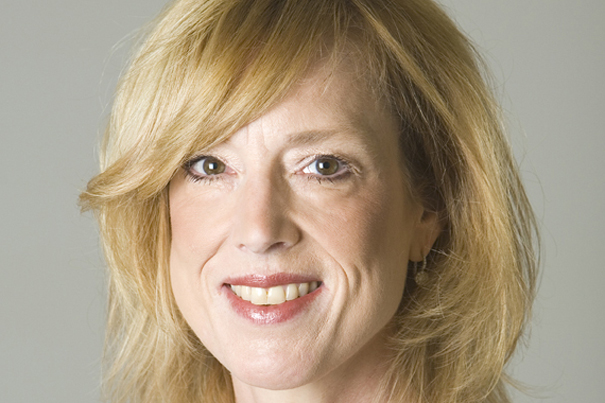
-
The record in the rocks
Students travel to Italy to study how geologic records show how life on Earth shifted after a cataclysmic event.
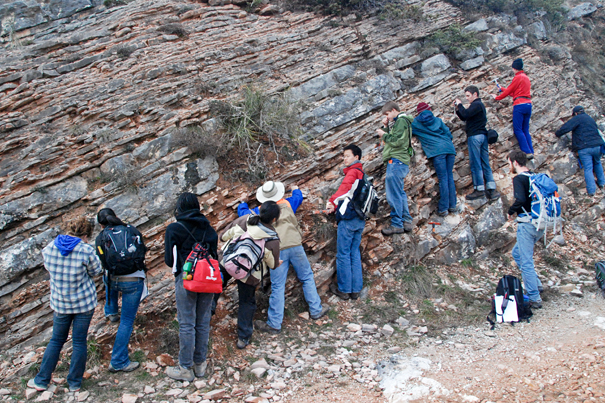
-
‘The art of seeing things invisible’
“This is a wonderful story of collaboration and imagination,” said Harvard President Drew Faust, moments before cutting a ribbon yesterday afternoon to open the new Harvard Center for Biological Imaging (CBI). The facility,…


